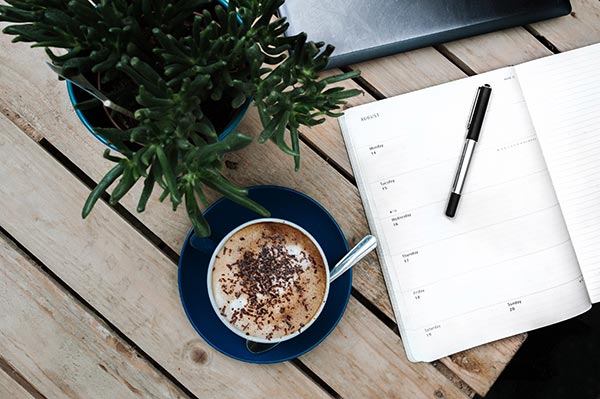Want to put your good habits on cruise control? Here’s how:
In her bestselling book “Better than Before” Gretchen Rubin outlines how we can discover the type of person we are when it comes to habit formation and then apply the best strategy to suit our personality. Given that 40% of daily behaviour is repeated it’s clear that good habits are an important ingredient in living a fulfilling life. If we change our habits we literally change our lives!
Here are my top 5 take-aways from the book:
- Habits eliminate the need for self-control: we no longer need to use up energy resisting temptations and distractions. Yes, we do need the self-control in the first place to form the habit but once formed we can then more effortlessly do the things that are good for us. Life is simpler. Our habits are literally on cruise-control!
- We can’t presume that what works for someone else in forming habits will work for us. Are you an Upholder, Questioner, Obliger or Rebel? For example, when it comes to trying to form the habit of running , the Upholder may stick to it if it’s on their to-do-list; the Questioner will do it because they’ve researched and interrogated the health benefits; the Obliger because they have committed to doing the run with someone else; the Rebel simply because they enjoy the freedom of running and not because someone else has told them it’s good for them! Want to know which you are? Then buy the book and complete the questionnaire!
- We manage what we monitor. Keeping close track of our actions means we do better in categories such as eating, drinking, exercising, TV and Internet use etc. Self-measurement brings self-awareness, and self-awareness strengthens our self-control. Actual measurement is crucial, because when we guess what we’re doing, were often wildly inaccurate. There’s lots of great habit tracking apps out there. My favourite is Momentum.
- If it’s on the calendar it happens. Get into the strategy of scheduling: setting a specific, regular time for an activity. This helps to eliminate decision making, the need for self-control and procrastination. How we schedule our days is how we spend our lives. Whenever possible, schedule important habits for the morning. As the day goes on, more complications arise and can get in the way. Also, our self-control is strongest earlier in the day and typically wanes as the day progresses.
- Overcome bad habits by making them less convenient. Try to anticipate and minimize temptation. To defeat temptation, we must first recognize the siren calls that would prompt us to break our habits and then figure out how to avoid them. Throw out the remainder of that bottle of wine, empty your cupboards of sugary snacks. A temptation cue might also be a place, a mood, a time of day, a pattern of behaviour: for example, I’m more likely to snack if I’m tired and haven’t planned my meals. Research shows that perfect compliance to our habits isn’t necessary but the early repetitions help most to establish the habit, so protect them, especially at the beginning. Also avoid the “what the hell” phenomenon where a minor stumble can become a major fall e.g. “I broke my diet by eating this one, so now I may as well eat the whole box!”
Hope these help you with forming and sustaining your own good habits. Do let me know how you get on…..and do yourself a favour : go buy Gretchen’s book – it’s packed full of great practical advice!





